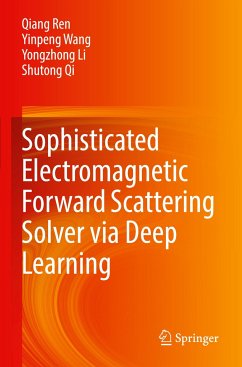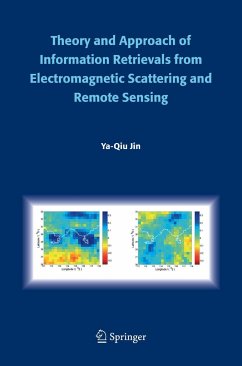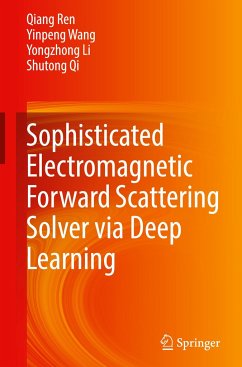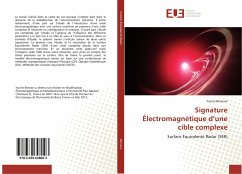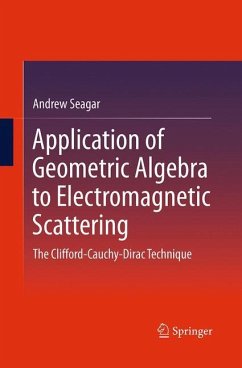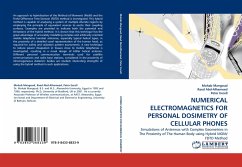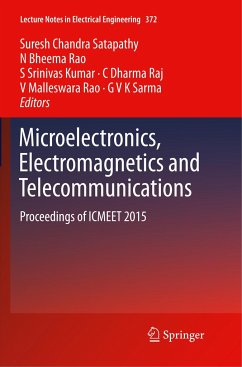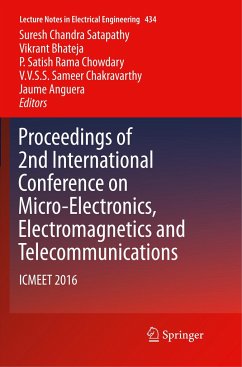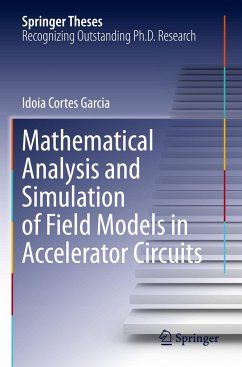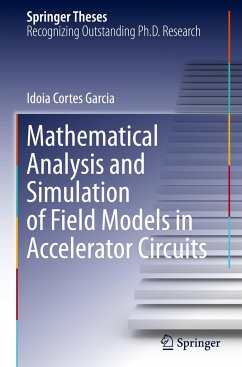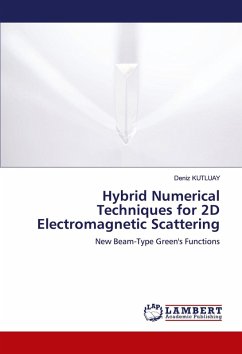
Hybrid Numerical Techniques for 2D Electromagnetic Scattering
New Beam-Type Green's Functions
Versandkostenfrei!
Versandfertig in 6-10 Tagen
45,99 €
inkl. MwSt.

PAYBACK Punkte
23 °P sammeln!
In this study, an alternative approach is introduced to the numerical solution of two-dimension electromagnetic scattering problems by two-hybrid numerical techniques combined with the method of moments (MoM). Two new hybrid techniques based on beam pattern function have been proved to solve the electric field integral equation (EFIE) by combining them with MoM in both polarizations. The first proposed technique is named MoM procedure with complex source point (CSP) type Green's function. The conversion from an isotropic line source radiation to a directive beam radiation has been demonstrated...
In this study, an alternative approach is introduced to the numerical solution of two-dimension electromagnetic scattering problems by two-hybrid numerical techniques combined with the method of moments (MoM). Two new hybrid techniques based on beam pattern function have been proved to solve the electric field integral equation (EFIE) by combining them with MoM in both polarizations. The first proposed technique is named MoM procedure with complex source point (CSP) type Green's function. The conversion from an isotropic line source radiation to a directive beam radiation has been demonstrated with an expression of CSP type Green's function using the CSP technique. In this first method, the real source position vector is replaced by a complex quantity, then Green's function generates a CSP beam. The second proposed method is named MoM Procedure with modified Green's function using a generalized pencil of beam function (GPOF) method. The main matrix is strongly localized in the second method, like in the first method. Consequently, the memory storage and the overall running time become much smaller, so the large-size structures can be modeled with shorter computational times.



